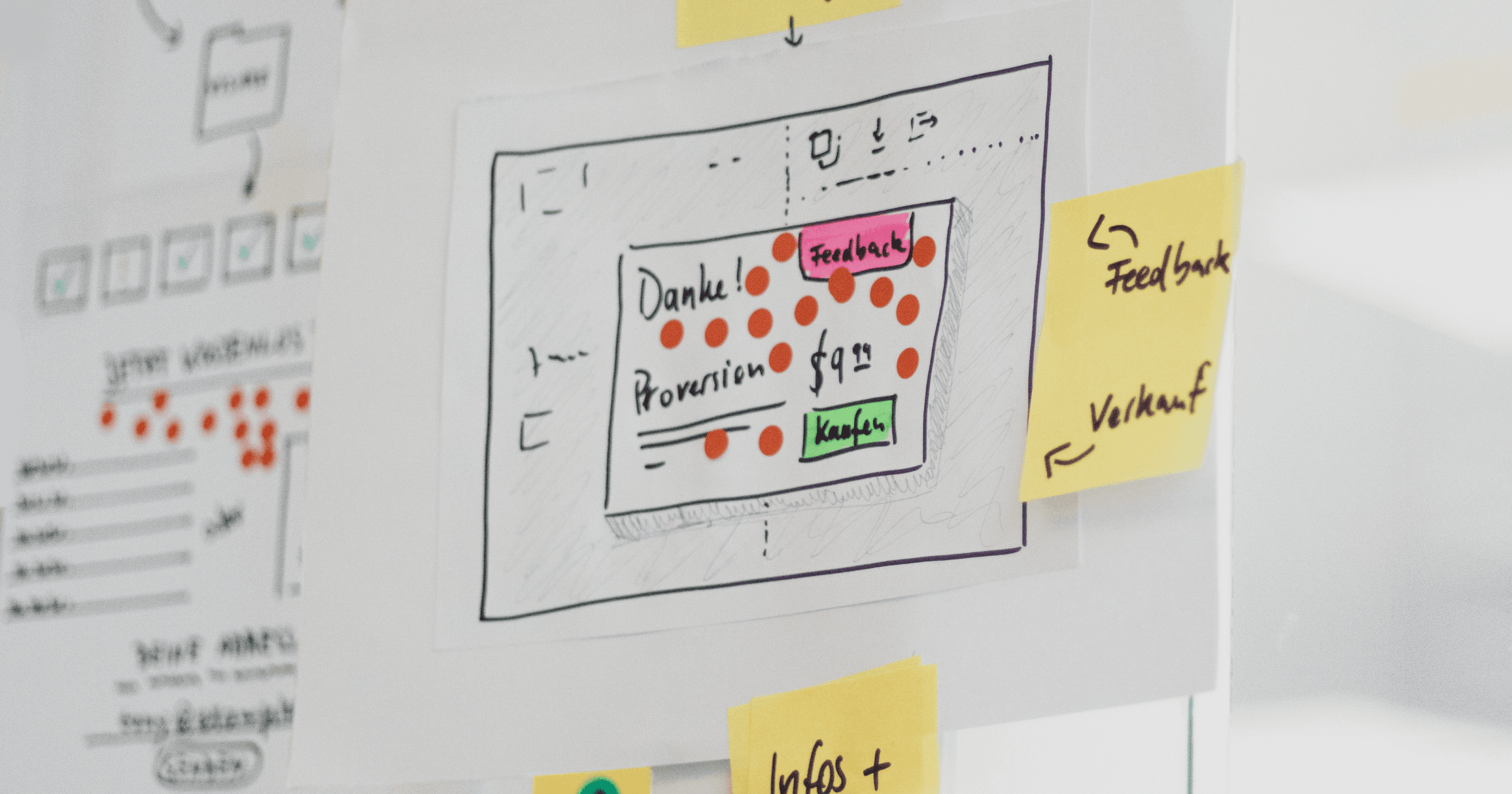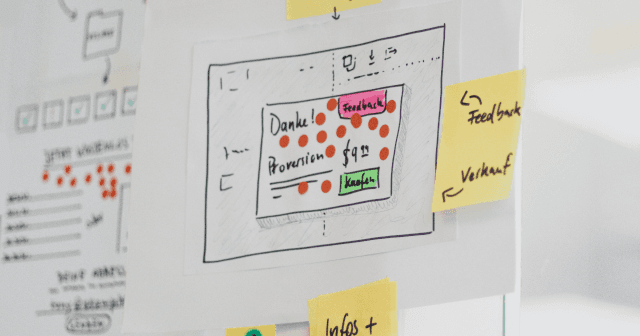

Stages of the New Product Development Process
Stages of the New Product Development Process
Bringing a new product to market requires a systematic and well-defined approach. The product development process encompasses a series of stages that guide the journey from ideation to commercialization. This article aims to explore the stages involved in the new product development process, highlighting their significance and the role they play in successful outcomes. We will also showcase our projects to demonstrate real-world examples of this process.
Bringing a new product to market requires a systematic and well-defined approach. The product development process encompasses a series of stages that guide the journey from ideation to commercialization. This article aims to explore the stages involved in the new product development process, highlighting their significance and the role they play in successful outcomes. We will also showcase our projects to demonstrate real-world examples of this process.
The new product development process refers to the systematic steps taken to conceptualize, design, develop, and launch a new product in the market. While the specific stages may vary depending on the industry and company, the underlying principles remain consistent. These stages provide a framework for organizations to navigate the complexities of product development and maximize the chances of success.
The new product development process refers to the systematic steps taken to conceptualize, design, develop, and launch a new product in the market. While the specific stages may vary depending on the industry and company, the underlying principles remain consistent. These stages provide a framework for organizations to navigate the complexities of product development and maximize the chances of success.
Stages of the New Product Development Process: 1. Idea Generation: The first stage of the product development process involves generating ideas for new products or product enhancements. Ideas can come from various sources, including customer feedback, market research, internal brainstorming sessions, and technological advancements. This stage focuses on identifying opportunities and exploring potential concepts that align with the company's goals and target market.
Stages of the New Product Development Process: 1. Idea Generation: The first stage of the product development process involves generating ideas for new products or product enhancements. Ideas can come from various sources, including customer feedback, market research, internal brainstorming sessions, and technological advancements. This stage focuses on identifying opportunities and exploring potential concepts that align with the company's goals and target market.
2. Idea Screening: After generating a pool of ideas, the next step is to screen and evaluate them based on predetermined criteria. This stage involves conducting feasibility studies, market analyses, and technical assessments to determine the viability of each idea. Ideas that align with the company's strategic objectives, market demand, and available resources proceed to the next stage, while others are eliminated.
2. Idea Screening: After generating a pool of ideas, the next step is to screen and evaluate them based on predetermined criteria. This stage involves conducting feasibility studies, market analyses, and technical assessments to determine the viability of each idea. Ideas that align with the company's strategic objectives, market demand, and available resources proceed to the next stage, while others are eliminated.
3. Concept Development and Testing: In this stage, selected ideas are further developed into tangible concepts. The concept development process involves creating detailed product descriptions, defining features and benefits, and outlining the target market segment. These concepts are then tested through market research, focus groups, and surveys to gather feedback and validate their potential appeal.
3. Concept Development and Testing: In this stage, selected ideas are further developed into tangible concepts. The concept development process involves creating detailed product descriptions, defining features and benefits, and outlining the target market segment. These concepts are then tested through market research, focus groups, and surveys to gather feedback and validate their potential appeal.
4. Business Analysis: Once a concept proves promising, a thorough business analysis is conducted. This stage involves assessing the financial viability, profitability, and market potential of the proposed product. Factors such as production costs, pricing strategies, sales projections, and potential risks are evaluated to determine the product's feasibility and potential return on investment.
4. Business Analysis: Once a concept proves promising, a thorough business analysis is conducted. This stage involves assessing the financial viability, profitability, and market potential of the proposed product. Factors such as production costs, pricing strategies, sales projections, and potential risks are evaluated to determine the product's feasibility and potential return on investment.
5. Product Development: Product development is the stage where the concept is transformed into a physical prototype or a working model. This stage involves engineering, design, and manufacturing processes to create a functional product that meets the desired specifications. Iterative prototyping, testing, and refinement are crucial during this stage to ensure the product meets quality standards and user expectations.
5. Product Development: Product development is the stage where the concept is transformed into a physical prototype or a working model. This stage involves engineering, design, and manufacturing processes to create a functional product that meets the desired specifications. Iterative prototyping, testing, and refinement are crucial during this stage to ensure the product meets quality standards and user expectations.
6. Market Testing: Before a product is launched on a large scale, market testing is conducted to assess its acceptance and gather feedback. This stage involves introducing the product to a limited market segment, monitoring its performance, and collecting data on consumer response. Market testing helps identify any necessary modifications or improvements before a full-scale launch.
6. Market Testing: Before a product is launched on a large scale, market testing is conducted to assess its acceptance and gather feedback. This stage involves introducing the product to a limited market segment, monitoring its performance, and collecting data on consumer response. Market testing helps identify any necessary modifications or improvements before a full-scale launch.
7. Commercialization: The final stage of the new product development process involves the commercialization and launch of the product. This includes developing a marketing plan, establishing distribution channels, setting pricing strategies, and creating promotional campaigns. The product is introduced to the target market, and sales and customer feedback are closely monitored to ensure a successful market entry.
7. Commercialization: The final stage of the new product development process involves the commercialization and launch of the product. This includes developing a marketing plan, establishing distribution channels, setting pricing strategies, and creating promotional campaigns. The product is introduced to the target market, and sales and customer feedback are closely monitored to ensure a successful market entry.
You can find more information by visiting https://udtech.co/cases , showcasing a range of projects that exemplify the stages of the new product development process. From initial concept development to final commercialization, these case studies demonstrate UDTECH's expertise in guiding products from ideation to market success.
You can find more information by visiting https://udtech.co/cases , showcasing a range of projects that exemplify the stages of the new product development process. From initial concept development to final commercialization, these case studies demonstrate UDTECH's expertise in guiding products from ideation to market success.